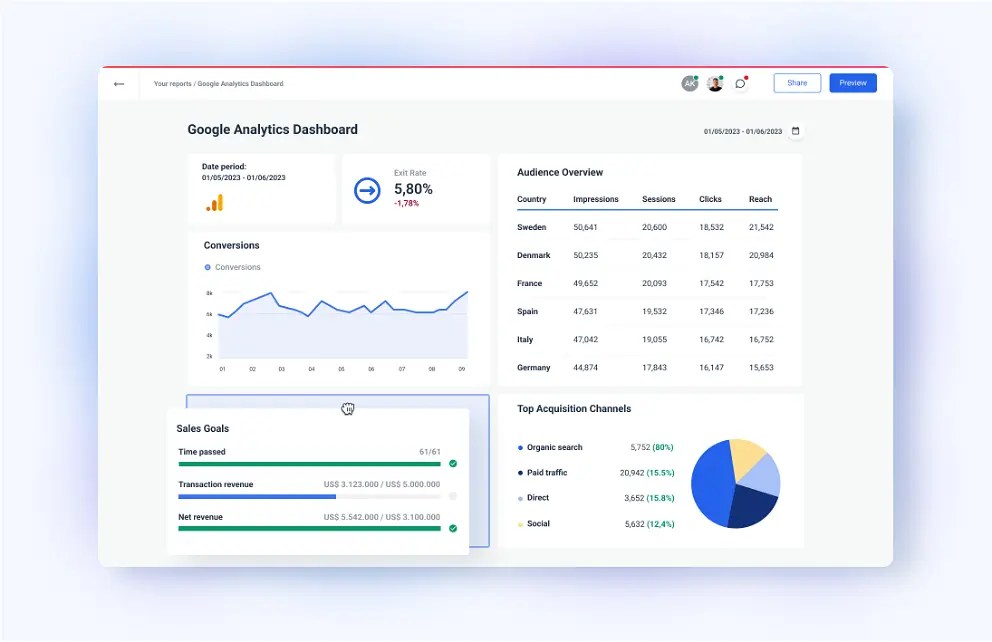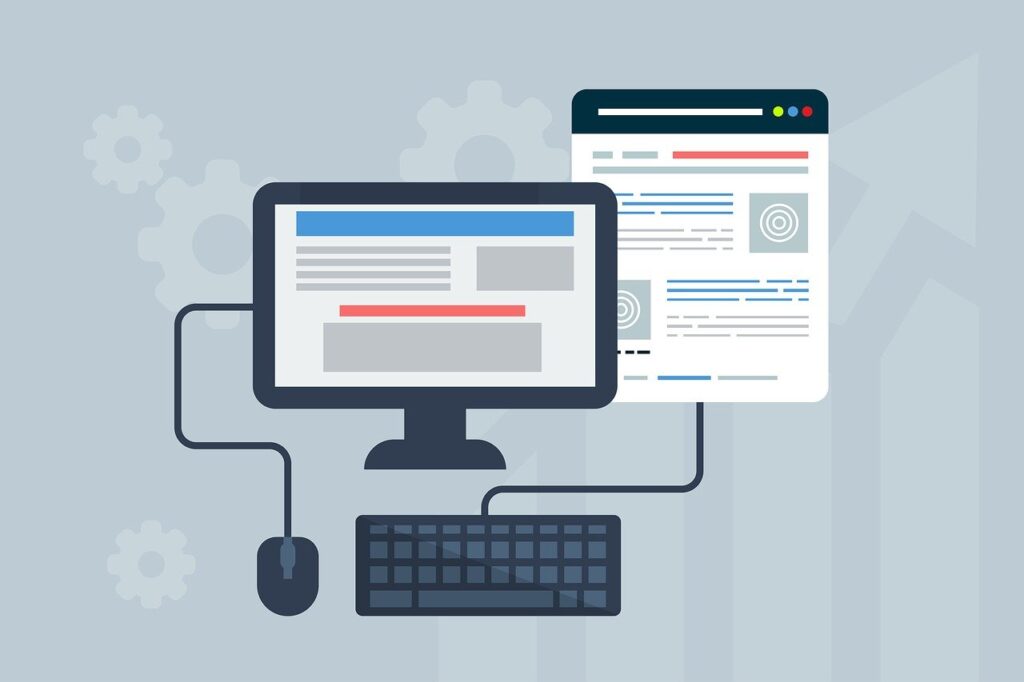The Importance of Web Security: Protecting Your Data and Privacy
Why Web Security is Important: Tips for the Rest of Us
In today’s digital age, web security has become paramount. With the proliferation of online transactions, personal data, and sensitive information, it is imperative to safeguard our digital presence. Web security encompasses a range of measures designed to protect websites, web applications, and online data from unauthorized access, cyberattacks, and data breaches.
One of the primary reasons why web security is crucial is to protect sensitive data. Websites and web applications often collect and store personal information such as names, addresses, credit card numbers, and passwords. If this data falls into the wrong hands, it can lead to identity theft, financial fraud, and other malicious activities. Web security measures, such as encryption and secure protocols, help to protect this data from unauthorized access and interception.
Moreover, web security is essential for maintaining the integrity and availability of websites and web applications. Cyberattacks, such as malware infections, denial-of-service attacks, and SQL injections, can disrupt website functionality, compromise data, and damage reputation. By implementing robust web security measures, organizations can mitigate these threats and ensure that their websites and applications remain accessible and reliable.
Furthermore, web security plays a vital role in protecting user privacy. Websites and web applications often track user behavior, collect browsing history, and use cookies to personalize experiences. While this data can be valuable for improving user experience, it also raises privacy concerns. Web security measures, such as privacy policies and cookie management tools, help to protect user privacy and ensure that personal data is handled responsibly.
To enhance web security, individuals can adopt several best practices. Firstly, it is crucial to use strong and unique passwords for all online accounts. Secondly, it is advisable to enable two-factor authentication whenever possible, which adds an extra layer of security to login processes. Thirdly, it is important to be cautious when clicking on links or downloading files from unknown sources, as these can be vectors for malware infections.
Additionally, individuals should regularly update their software and operating systems, as these updates often include security patches that address vulnerabilities. It is also advisable to use a reputable antivirus or anti-malware program to protect devices from malicious software. Finally, it is essential to be aware of common phishing scams and to avoid providing personal information or clicking on suspicious links in emails or messages.
In conclusion, web security is of paramount importance in today’s digital landscape. By implementing robust web security measures and adopting best practices, organizations and individuals can protect their data, maintain the integrity of their websites and applications, and safeguard user privacy. By staying vigilant and taking proactive steps, we can all contribute to a more secure and trustworthy online environment.
Web Security for Beginners: Essential Tips to Keep Your Online Presence Safe
Why Web Security is Important: Tips for the Rest of Us
In today’s digital age, web security has become paramount. With the proliferation of online activities, from banking to shopping to social networking, our personal and sensitive information is constantly at risk. Understanding the importance of web security and implementing effective measures to protect our online presence is crucial.
Firstly, web security safeguards our financial assets. Online banking and e-commerce transactions involve the exchange of sensitive financial data, making them prime targets for cybercriminals. Robust web security measures, such as strong passwords, two-factor authentication, and secure payment gateways, help prevent unauthorized access to our accounts and protect our funds.
Moreover, web security protects our personal information. Social media platforms, online forums, and other websites often collect and store our personal data, including names, addresses, and contact information. Compromised web security can lead to identity theft, fraud, and other malicious activities. By implementing strong passwords, using privacy settings, and being cautious about sharing personal information online, we can minimize the risk of our data falling into the wrong hands.
Furthermore, web security safeguards our devices and networks. Malicious websites and phishing scams can infect our computers and mobile devices with malware, viruses, and other threats. These threats can compromise our privacy, steal our data, and even damage our devices. By using antivirus software, keeping our operating systems and software up to date, and being vigilant about suspicious links and emails, we can protect our devices and networks from these threats.
To ensure effective web security, it is essential to implement a combination of measures. Strong passwords, consisting of a mix of uppercase and lowercase letters, numbers, and symbols, are the first line of defense against unauthorized access. Two-factor authentication adds an extra layer of security by requiring a second form of verification, such as a code sent to our mobile phone, when logging into accounts.
Additionally, using a virtual private network (VPN) can encrypt our internet traffic and protect our online activities from eavesdropping and tracking. Regularly updating our operating systems and software patches vulnerabilities that could be exploited by cybercriminals. Finally, being cautious about suspicious links and emails, and avoiding clicking on them or downloading attachments from unknown sources, can help prevent malware infections.
In conclusion, web security is of paramount importance in today’s digital world. By understanding the risks and implementing effective measures, such as strong passwords, two-factor authentication, and vigilance against suspicious activities, we can protect our financial assets, personal information, and devices from cyber threats. Remember, web security is not just for tech experts; it is essential for all of us who use the internet. By following these tips, we can ensure our online presence remains safe and secure.
Why Web Security Matters: The Risks of Ignoring Online Threats
Why Web Security is Paramount: Tips for Navigating the Digital Landscape
In the ever-evolving digital realm, web security has become an indispensable aspect of our online existence. The internet, while offering countless benefits, also poses significant threats to our privacy, data, and financial well-being. Understanding the importance of web security and implementing effective measures to safeguard ourselves is crucial for navigating the online world with confidence.
One of the primary reasons why web security is paramount is the prevalence of cyberattacks. Malicious actors are constantly devising sophisticated methods to exploit vulnerabilities in websites and applications, seeking to steal sensitive information, disrupt operations, or extort money. These attacks can range from phishing scams to malware infections, posing a significant risk to individuals and businesses alike.
Moreover, the increasing reliance on online services for personal and professional purposes has made web security even more critical. We store sensitive data, conduct financial transactions, and communicate with others through online platforms. Compromising the security of these platforms can have far-reaching consequences, including identity theft, financial loss, and reputational damage.
To mitigate these risks, it is essential to adopt proactive web security measures. One crucial step is to use strong passwords and enable two-factor authentication for all online accounts. This makes it significantly harder for attackers to gain unauthorized access to your data. Additionally, it is advisable to keep software and operating systems up to date, as updates often include security patches that address known vulnerabilities.
Another important aspect of web security is being vigilant about phishing scams. Phishing emails or websites often appear legitimate but are designed to trick you into revealing personal information or clicking on malicious links. Always verify the sender’s email address and hover over links before clicking to ensure they lead to the intended destination.
Furthermore, it is essential to be cautious when downloading files or installing software from unknown sources. Malicious actors may distribute malware through these channels, which can compromise your device and steal your data. Only download files from trusted sources and use reputable antivirus software to protect your system.
In addition to these individual measures, businesses and organizations have a responsibility to prioritize web security. Implementing robust security protocols, conducting regular security audits, and educating employees about cybersecurity best practices are essential steps to protect sensitive data and maintain operational integrity.
By understanding the importance of web security and implementing effective measures to safeguard ourselves, we can navigate the digital landscape with greater confidence and minimize the risks associated with online threats. Remember, web security is not just a technical issue but a fundamental aspect of protecting our privacy, data, and financial well-being in the digital age.
Practical Web Security Tips: Simple Steps to Enhance Your Online Safety
Why Web Security is Important: Tips for the Rest of Us
In today’s digital age, web security has become paramount. With the proliferation of online threats, it is essential to safeguard our personal information, financial data, and online activities. Understanding the importance of web security and implementing simple measures can significantly enhance our online safety.
Firstly, web security protects us from malicious software, such as viruses, malware, and ransomware. These threats can compromise our devices, steal sensitive information, and disrupt our online experience. By implementing antivirus software, firewalls, and keeping our operating systems and software up to date, we can minimize the risk of infection.
Moreover, web security safeguards our online accounts. Phishing scams and password breaches are common tactics used by cybercriminals to gain access to our personal information. Using strong passwords, enabling two-factor authentication, and being cautious of suspicious emails and websites can help prevent unauthorized access to our accounts.
Furthermore, web security protects our privacy. Online tracking and data collection can compromise our personal information and lead to targeted advertising or even identity theft. By using privacy-enhancing tools, such as ad blockers and VPNs, we can limit the amount of data collected about our online activities.
Additionally, web security ensures the integrity of online transactions. Secure websites use encryption protocols to protect sensitive information, such as credit card numbers and personal data. By verifying the authenticity of websites and using secure payment gateways, we can minimize the risk of financial fraud and identity theft.
Finally, web security promotes trust and confidence in the digital world. When websites and online services implement robust security measures, users feel more comfortable sharing their information and engaging in online activities. This trust is essential for the growth and success of the digital economy.
In conclusion, web security is crucial for protecting our personal information, financial data, and online activities. By implementing simple measures, such as using antivirus software, safeguarding our online accounts, protecting our privacy, ensuring the integrity of online transactions, and promoting trust in the digital world, we can significantly enhance our online safety and enjoy the benefits of the internet with peace of mind.
The Consequences of Poor Web Security: Real-World Examples and How to Avoid Them
Why Web Security is Important: Tips for the Rest of Us
In today’s digital age, web security has become paramount. The consequences of poor web security can be severe, ranging from financial losses to reputational damage. To safeguard ourselves, it is essential to understand the risks and implement effective security measures.
One of the most common threats is data breaches. Hackers can exploit vulnerabilities in websites or web applications to gain access to sensitive information, such as personal data, financial records, and trade secrets. This can lead to identity theft, financial fraud, and other devastating consequences.
Another major concern is malware attacks. Malicious software can be downloaded onto a user’s computer through infected websites or phishing emails. Once installed, malware can steal data, damage files, or even take control of the device. This can result in lost productivity, financial losses, and privacy breaches.
Phishing scams are another prevalent threat. Hackers create fraudulent websites or emails that mimic legitimate ones to trick users into providing their login credentials or other sensitive information. By falling for these scams, individuals can compromise their accounts and expose themselves to further attacks.
To mitigate these risks, it is crucial to implement robust web security measures. One essential step is to use strong passwords and enable two-factor authentication for all online accounts. Additionally, it is important to keep software and operating systems up to date, as updates often include security patches.
Furthermore, it is advisable to be cautious when clicking on links or downloading files from unknown sources. Phishing emails and malicious websites can be difficult to detect, so it is best to err on the side of caution. If something seems suspicious, it is always better to report it to the appropriate authorities.
Finally, it is important to educate oneself about web security best practices. By staying informed about the latest threats and vulnerabilities, individuals can take proactive steps to protect themselves and their online assets.
In conclusion, web security is of utmost importance in today’s digital world. By understanding the risks and implementing effective security measures, we can safeguard our personal information, financial assets, and reputation from malicious attacks. Remember, the consequences of poor web security can be severe, so it is essential to prioritize our online safety.




